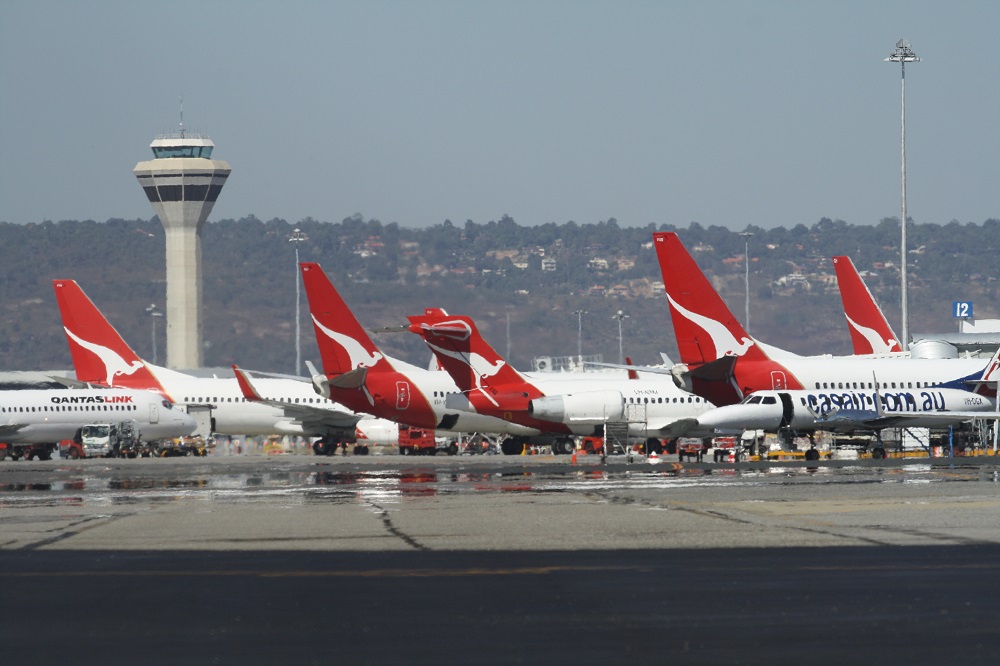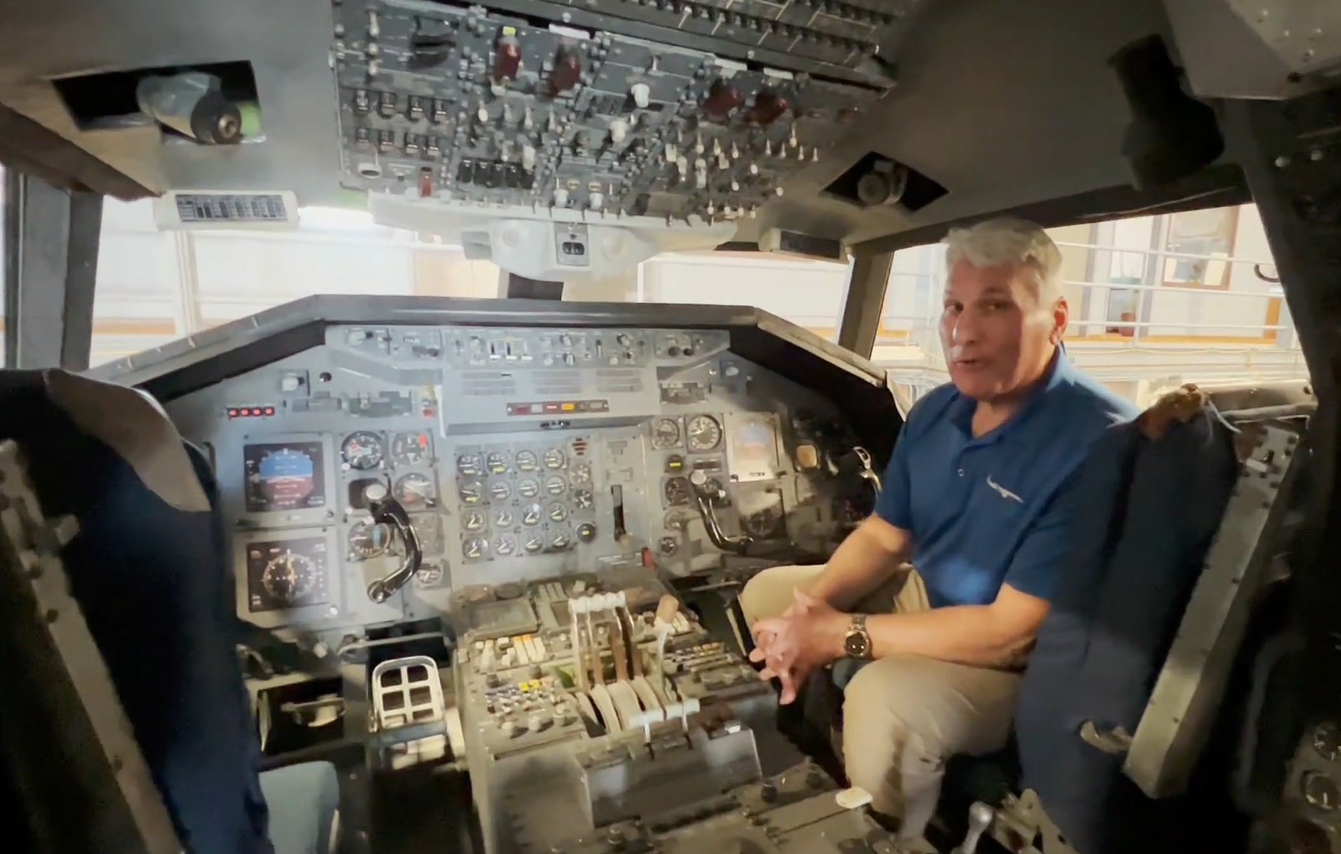Report fuels stoush between Aussie airports and airlines
06 February, 2019
5 min read


The verbal warfare between Australia's airports and airlines ramped up Wednesday after a draft report by the Productivity Commission incensed carriers and prompted a call for an urgent rethink.
The draft report into airport regulation recommended that Australia's consumer watchdog boost monitoring of the nation's biggest airports but no change to the policy of "light-handed" regulation.
It found the four big airports — Sydney, Melbourne, Perth and Brisbane — operated efficiently by world standards and had not systematically exercised market power to the detriment to the community.
It said each had generated returns sufficient to promote investment while not earning excessive profits.
READ Aussie report endorses light airport regulation, calls for greater scrutiny.
The findings prompted a barrage of criticism from airlines and their trade groups.
Airline lobby group Airlines for Australia and New Zealand slammed the commission for setting aside “highly credible evidence” from Australian and international experts to reach its conclusions.
A4ANZ said this included evidence from sources such as the Australian Competition and Consumer Commission, market analysts, regulatory and competition law experts as well as economists.
“The Australian public knows there is an enormous problem with our monopoly airports,’’ A4ANZ chair Graeme Samuel said.
“They are the ones paying for it. Negotiation delays and disputes with a range of airport users highlight the fact that the system is not working to meet the Government’s policy objectives, and that change is required.”
Prof. Samuel said simply suggesting increased monitoring in a regime the ACCC itself acknowledged it had no powers to enforce was totally inadequate.
"It is similarly useless to make additions to pricing principles which are currently ignored by airports in their negotiations with customers, as there are no penalties for non-compliance,'' he said.
The airlines were upset their call for an arbitration process when negotiations break down at "monopoly" airports was not adopted.
“What is needed isn’t complex,'' A4ANZ chief executive Alison Roberts.
" Access to arbitration when negotiations break down should be provided for all airports with monopoly characteristics. This is standard, commercial practice - why should airports be treated any differently?”
The Qantas Group labeled the report as disappointing and said it essentially endorsed Australia’s airports as some of the most expensive in the world.
“That means the traveling public will continue to pay more at every stage of their journey, whether it’s car parking, taxis or airport landing fees,’’ it said.
“Over the past 10 years, average airfares have dropped by almost 40 percent while airport revenue has risen by 25 percent. And yet, this report suggests there’s no real imbalance here.”
Virgin Australia chief executive John Borghetti said his airline had good relations with airports but expressed concern there appeared to be no recommendation for a mechanism to settle disputes.
The Board of Airlines Representatives of Australia said it was disappointed and surprised the draft report had downplayed the problems international airports had with the provision, pricing and management of airport services.
Bara listed a range of problems that included a failure to provide value for money from airport services, ambit commercial claims and the disconnection between prices and performance levels.
It singled out bussing as a particular problem.
“BARA has recognized and acknowledged improvements in airport services when they are delivered,’’ BARA executive Barry Abrams said.
“Too often, however, international airlines must make do with inadequate airport services in supporting their daily operations.”
However, the airport lobby group welcomed the findings.
Australian Airports Association chief executive Caroline Wilkie said the report's findings and recommendations highlighted the benefits the current regulatory approach had delivered to the community.
“The Productivity Commission’s conclusion that the current regulatory approach is working is a strong endorsement of airports’ efforts to increase efficiency and capacity at a time when demand for air travel continues to rise,” Wilkie said.
“As a result, passengers are enjoying better facilities and services at Australian airports.”
The AAA also welcomed findings that airports did not misuse market power, profits were not excessive and that an additional arbitration framework was not needed.
“The Productivity Commission has found airport returns are sufficient to support the need for sustained, long-term and often costly infrastructure investment at Australian airports to facilitate the growth of the aviation industry,” Wilkie said.
“This supports evidence put forward in the AAA’s submission that rates of return at Australian airports are appropriate, while return on capital is below the global average.”
The airports are opposed to an arbitration framework, citing inherent risks to future investment.
Both sides have an opportunity to lodge further submissions before the report is finalized.
Steve Creedy also writes for the AAA.
Next Article
2 min read
Qantas triples profit but misses mark

Get the latest news and updates straight to your inbox
No spam, no hassle, no fuss, just airline news direct to you.
By joining our newsletter, you agree to our Privacy Policy
Find us on social media
Comments
No comments yet, be the first to write one.
